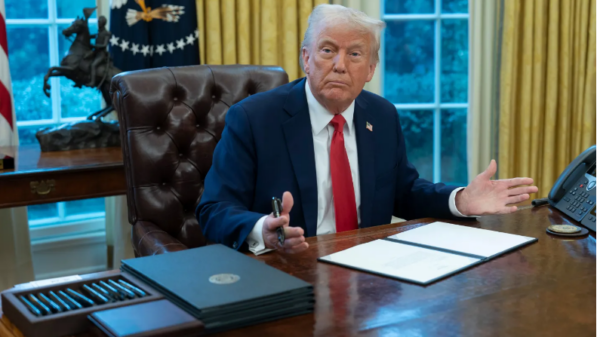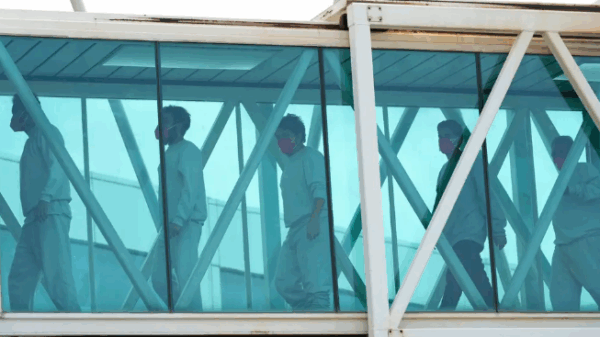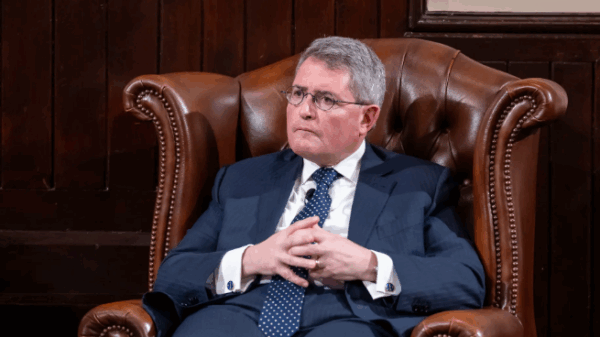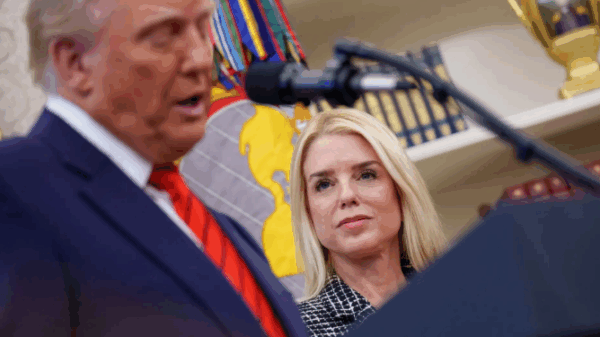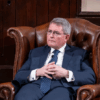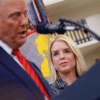President Donald Trump welcomed French President Emmanuel Macron to the White House on Monday for high-stakes talks, as tensions mount over the future of transatlantic relations and the ongoing war in Ukraine. The meeting comes as Trump’s “America First” approach continues to reshape U.S. foreign policy, raising concerns among European allies.
The timing of the visit marks the third anniversary of Russia’s invasion of Ukraine, with Trump pressing for a swift end to the conflict. His demands include territorial concessions from Ukraine and access to rare earth minerals vital to U.S. industries. These moves have sparked unease among European leaders, who fear the erosion of the post-World War II international order.
“The only conclusion you can draw is that 80 years of policy in standing up against aggressors has just been blown up without any sort of discussion or reflection,” said Ian Kelly, a former U.S. ambassador and professor at Northwestern University.
The discussions with Macron are part of a broader diplomatic push, with British Prime Minister Keir Starmer also scheduled to meet with Trump later this week. Both leaders are expected to emphasize the importance of maintaining a united front against Russian aggression. Macron, in particular, aims to stress that showing weakness to Russian President Vladimir Putin could have far-reaching consequences, including emboldening China.
“You can’t be weak in the face of President Putin. It’s not in your interest,” Macron stated on social media.
Tensions have been further inflamed by Trump’s decision to engage in preliminary peace talks with Russian officials in Saudi Arabia, excluding both Ukrainian and European representatives. Additionally, a U.S.-proposed United Nations resolution on Monday, which falls short of demanding Russia’s immediate withdrawal from Ukraine, has drawn criticism from European leaders.
Trump has defended his approach, arguing that Putin is open to a deal and that prolonged negotiations without leverage are unproductive. However, his perceived deference to the Russian leader has raised alarms among diplomats.
“The administration should consider going in a different direction because this isn’t going to work,” warned Robert Wood, a former U.S. ambassador to the United Nations. “Russia started this war, and trying to rewrite the narrative isn’t going to serve the best interests of the U.S. or our allies.”
As the talks continue, the outcomes could significantly impact the future of U.S.-European relations and the path toward resolving the Ukraine conflict.





